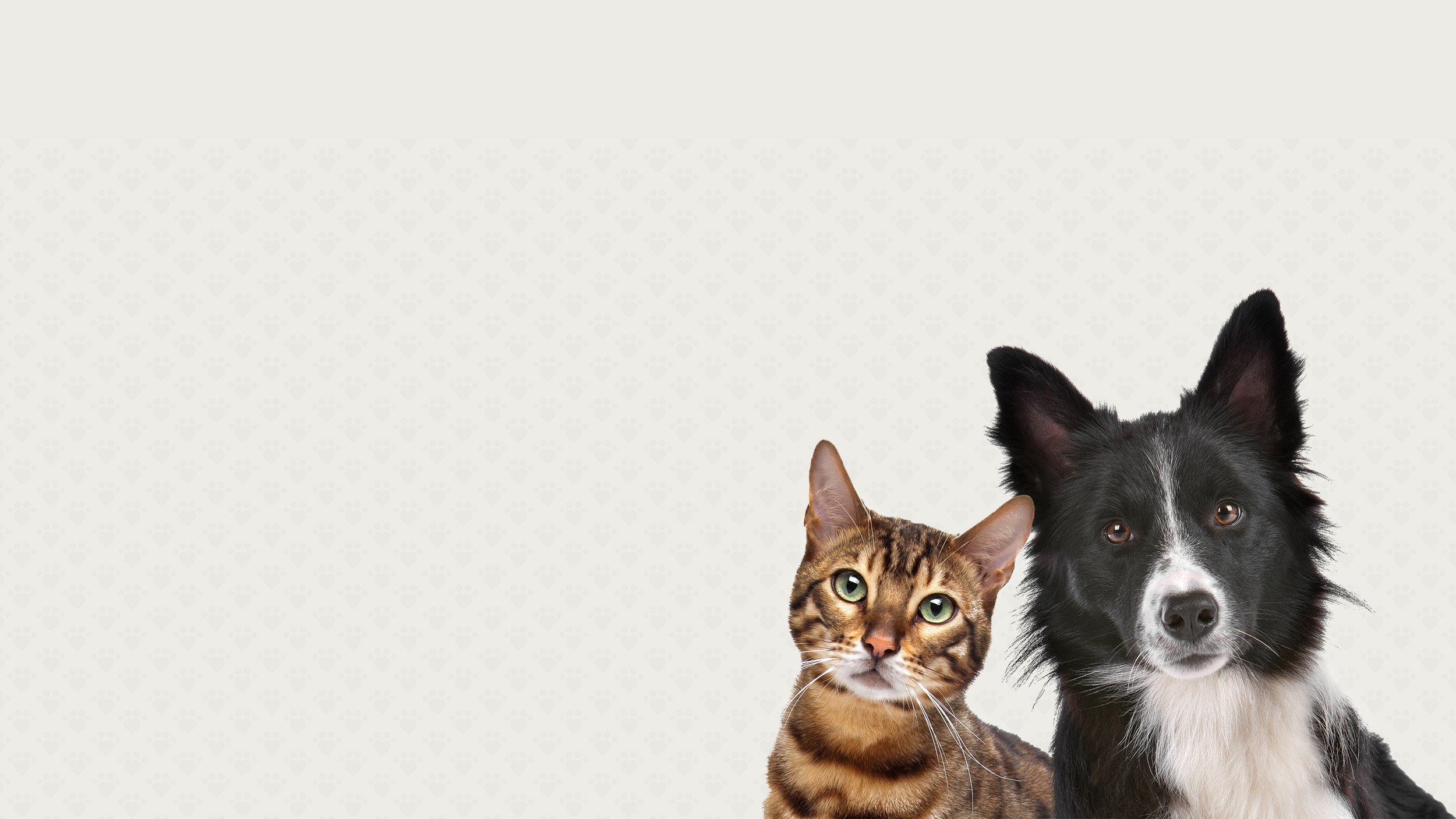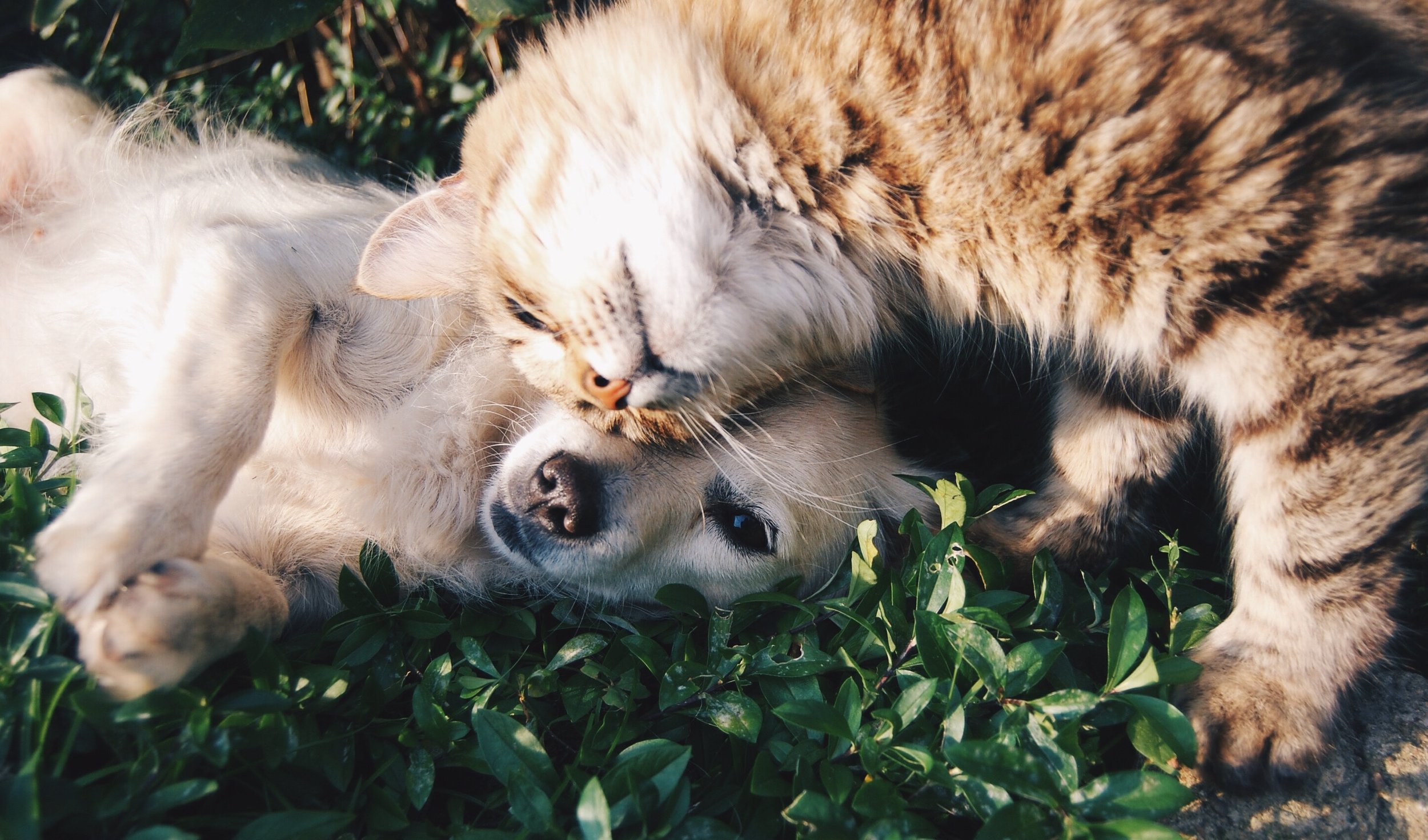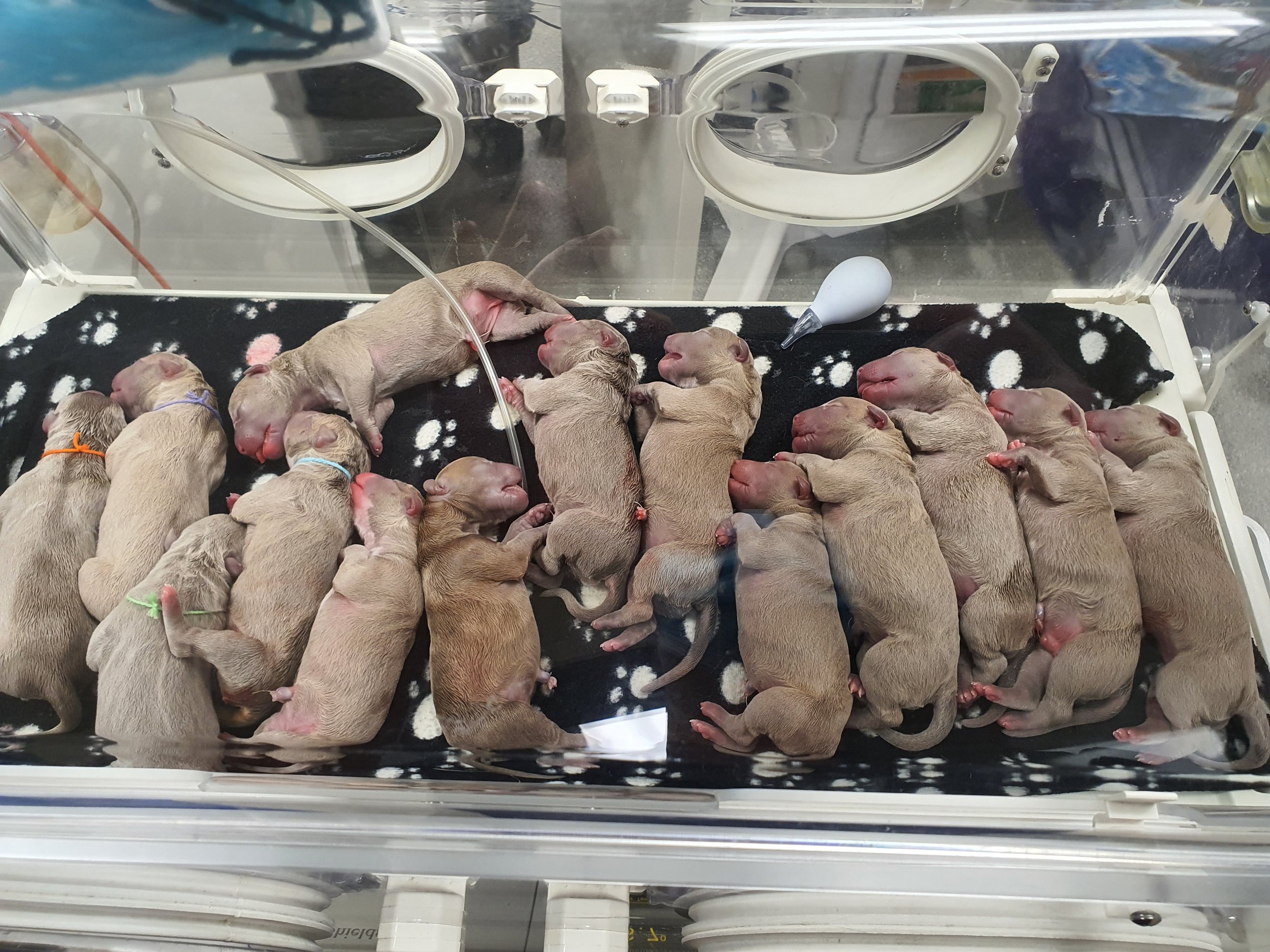
Paediatric Care of Puppies & Kittens
Initial growth and development
Puppies and kittens are totally dependent on their environment for the first 3-4 weeks of life. They are born will little fat reserves and unlike adults they can’t survive for very long at all without supplied nutrition. Puppies and kittens can only drink milk until 3 weeks of age, when weaning can be started if needed. They must drink a minimum of 20% of their body weight daily, and for the first 3 weeks should be gaining 10% of their body weight daily. It is important to weigh the puppies and kittens daily and keep a record of their weight. A failure to gain weight is usually the first sign of them getting sick. The eyes and ears will open at around 2 weeks, and they will be up on their feet by 3 weeks.
Supplementary feeding
In Australia there is no ideal milk supplement on the market. Royal Canin make a babymilk overseas which is the closest to bitches and queens’ milk, however this is not available in Australia. It is always preferrable to rear the babies on the mum. When with their mother, puppies and kittens will often feed quite frequently. If bottles and formula are used then the puppies or kittens will often drink more volume at one time and only need feeding every 4-6 hours. Human baby bottles with a newborn teat are ideal for puppies and miracle nipples work well for kittens. Once the babies have finished feeding ensure any remaining milk is disposed of, the bottles are cleaned and then sterilised. It is important to ensure the mother is licking the babies’ bottoms after feeding to encourage urination and or defecation. The mother will eat the excrement until the babies start on solid foods.
Parturition care and post parturition care
Bitches and queens should be allowed to have their puppies and kittens in a warm, quiet area. For queens it is important for the area to be dimly lit. A whelping or queening box should be made of something easy to clean, with plenty of soft bedding that can be easily and frequently changed and washed. The room containing the box should be comfortable but not hot (around 21-22°C) is ideal, and a heat source, such as a heat lamp, is placed up one end of the box, to allow for the puppies or kittens to be kept at the following environmental temperatures:
| Age of puppy or kitten | Temperature under heat lamp |
|---|---|
| 0-7 days | 29-32⁰C |
| 8-28 days | 27⁰C |
| 29-35 days | 21-24⁰C |
| 35+ days | 21⁰C |
It is important to understand we don’t want the whole room at this temperature, or the mother will not lie near the babies and so they will not feed well increasing the chances of the babies getting sick and the mother getting mastitis.
Worming and vaccinations
Puppies and kittens should be wormed every 2 weeks from 2 weeks of age until they are 12 weeks old. The mothers should be wormed at the same time if the babies are still feeding from her. Vaccinations should begin at 6-8 weeks of age, and puppies and kittens should not be given to their new owners under 8 weeks of age. At the first vaccination a microchip is given, and a thorough veterinary health check should be performed, and each puppy given a health certificate, clearly showing any abnormalities. When the puppies and kittens drink the first milk (colostrum) from their mothers, they get antibodies (maternal antibodies) which are important to fight disease while their immune systems develop. For different diseases the antibodies last differing amounts of time with some lasting up to 16 weeks. The maternal antibodies, if high enough, will prevent the vaccine from working if still present at the vaccination time. This is why it is recommended to give 3 vaccinations as follows: at 6-8 weeks, 12-14 weeks and 16-18 weeks. Some vaccines claim to provide immunity earlier, however it doesn’t matter how much vaccine is used it is impossible to overcome maternal antibodies earlier, so to not vaccinate until 16-18 weeks, the puppy or kitten is put at an increased risk of disease. The current World Small Animal Guidelines for vaccination of puppies, kittens, dogs and cats can be found here.
Feeding from weaning
Bitches should be fed a puppy food and queens a kitten food ad lib through lactation. At weaning the puppy or kitten can be given the appropriate species wet puppy or kitten food, or soaked species appropriate puppy or kitten food. It is important not to wean puppies or kittens on to raw meat. Raw meat contains high levels of bacteria and at this age their immune systems are at their weakest and so raw meat can make them very sick or at worst they will die. This too can occur from feeding the bitch or queen raw meat during pregnancy and lactation as they will have higher levels of bacteria on their skin and in their mouths that will challenge the puppy’s immune system.
As the babies eat more solid foods, the mother’s milk supply will wane. In some instances, we may need to medically dry up the milk.



